19 GPTs for Learning SQL Powered by AI for Free of 2026
AI GPTs for Learning SQL are advanced, intelligent tools designed to facilitate learning and mastering SQL (Structured Query Language) through interactive and adaptive methodologies. By leveraging Generative Pre-trained Transformers, these tools offer personalized learning experiences, adapting content and complexity to match the learner's pace and understanding. They are instrumental in bridging the gap between theoretical knowledge and practical application, making SQL learning more intuitive and engaging.
Top 10 GPTs for Learning SQL are: MySQL Expert,SQL Generator,MS-SQL EXPERT,SASSY the SAS EG Analyst,SQL Ninja,SSMS Query Assistant,Ai SQL,SQL Assistant,SQL Sage,SQL Mentor
MySQL Expert
Empower Your SQL Development with AI
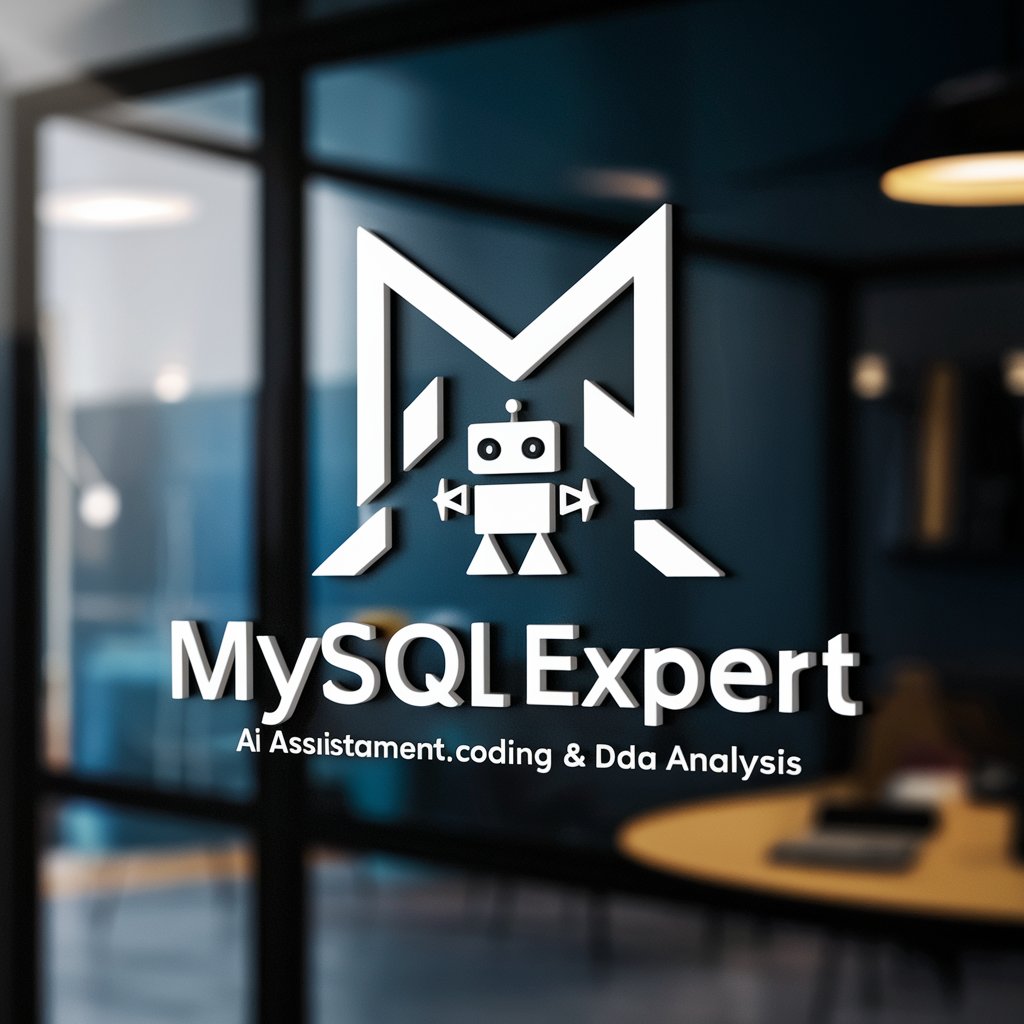
SQL Generator
Craft SQL Queries with AI Precision
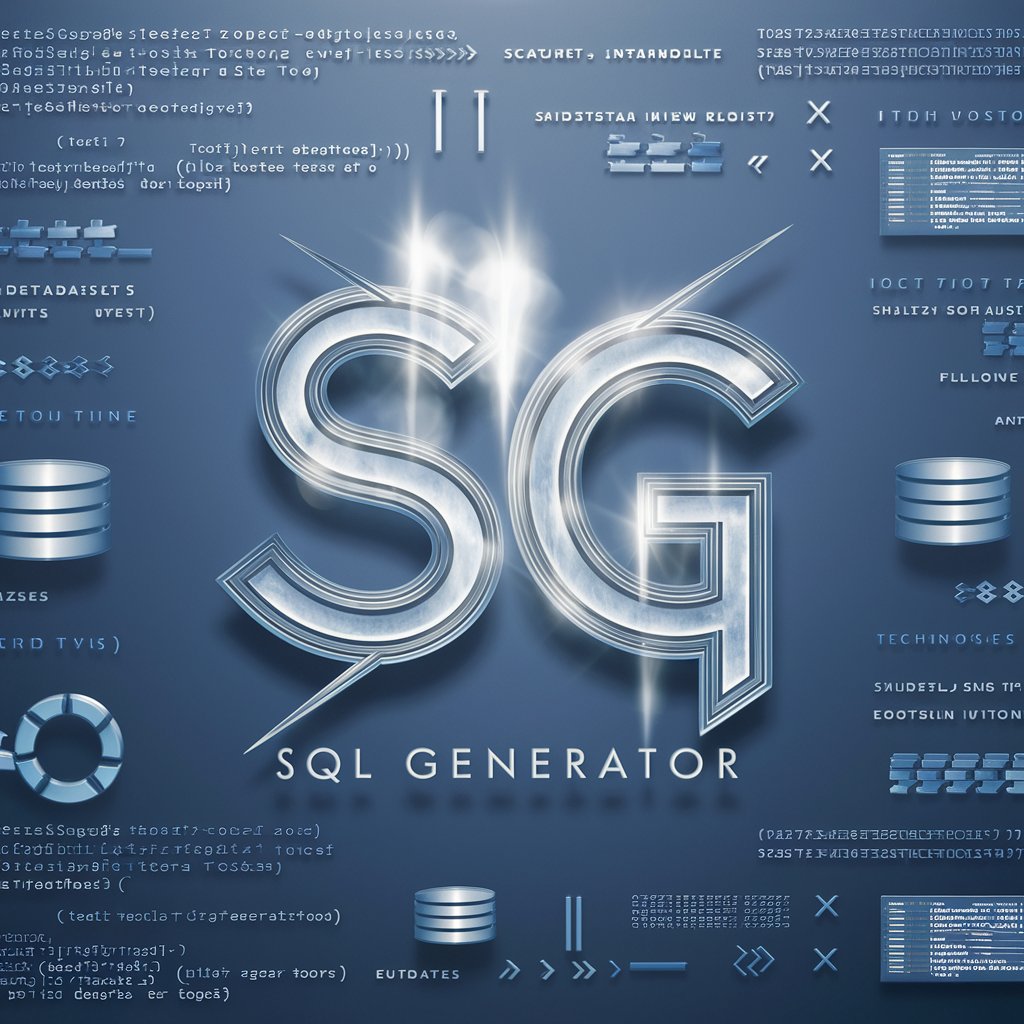
MS-SQL EXPERT
Optimize SQL with AI-Powered Expertise
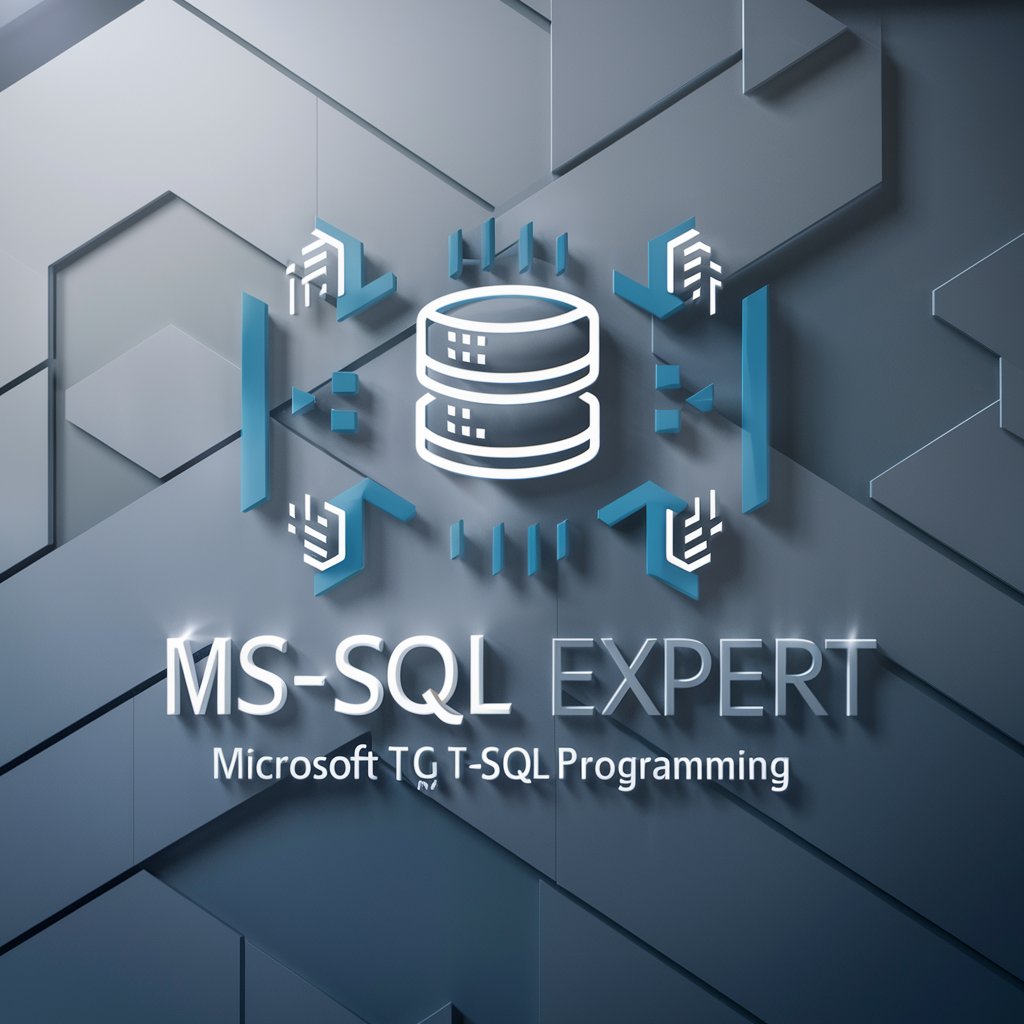
SASSY the SAS EG Analyst
AI-powered SAS to PROC SQL Conversion Tool

SQL Ninja
Empower Your Database Skills with AI

SSMS Query Assistant
Enhancing SQL with AI

Ai SQL
Empower your SQL with AI

SQL Assistant
Empowering your data journey with AI-driven SQL insights.
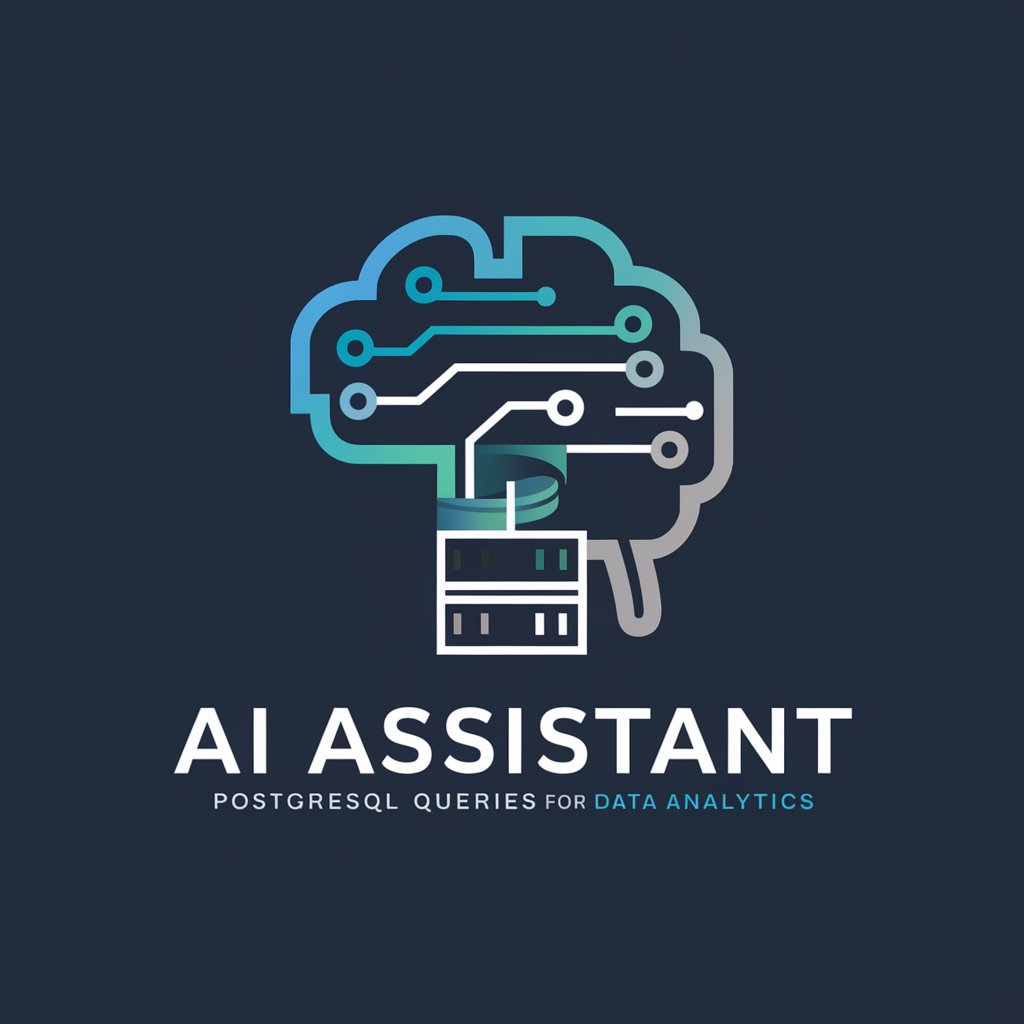
SQL Sage
Empowering SQL Mastery with AI
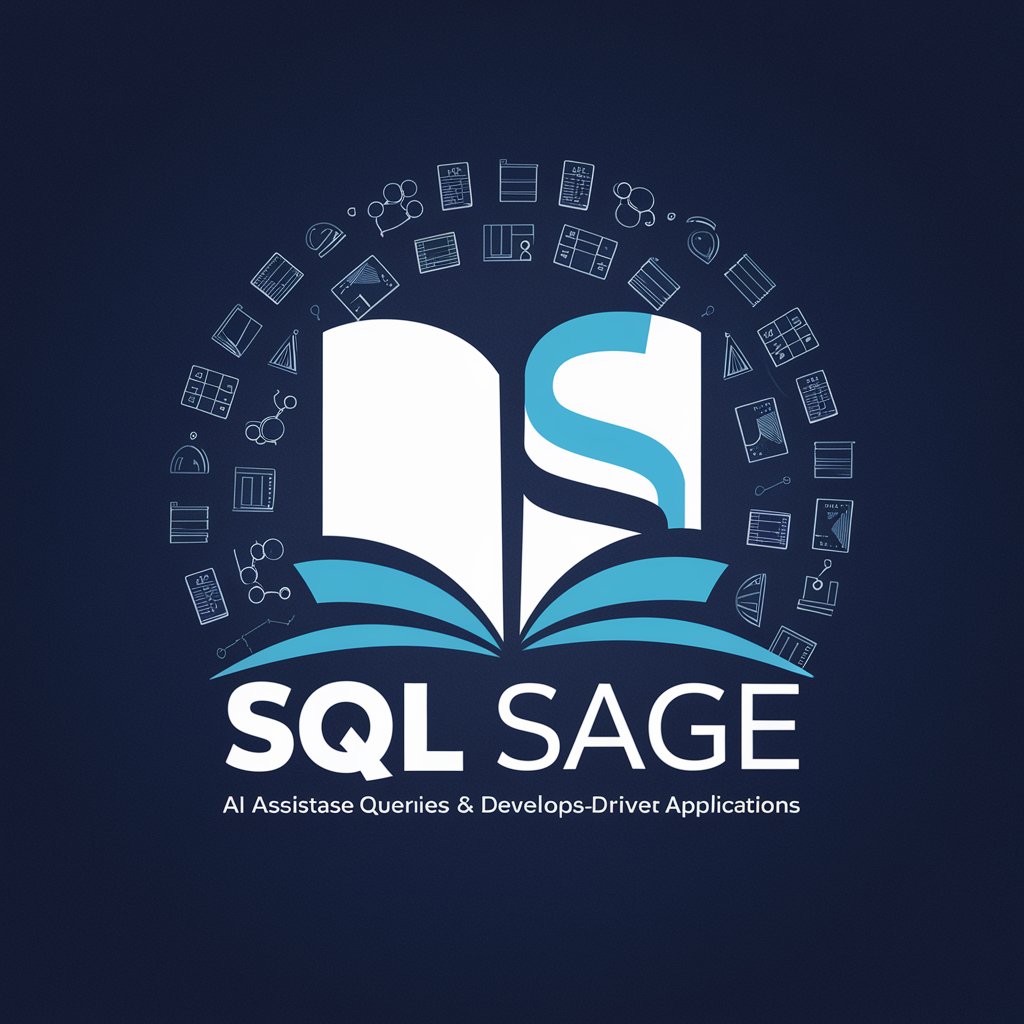
SQL Mentor
Tailored SQL Guidance at Your Fingertips
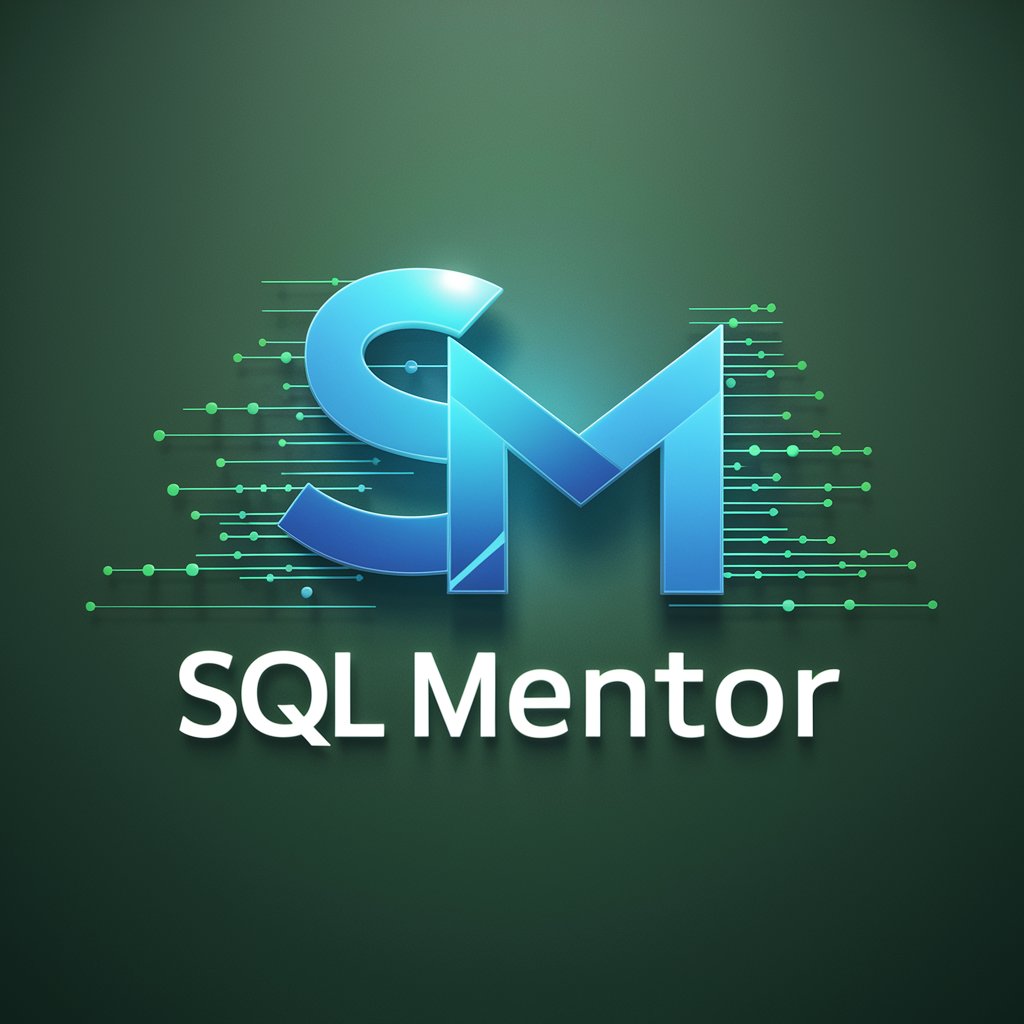
SQL GPT
Elevate Your SQL Skills with AI
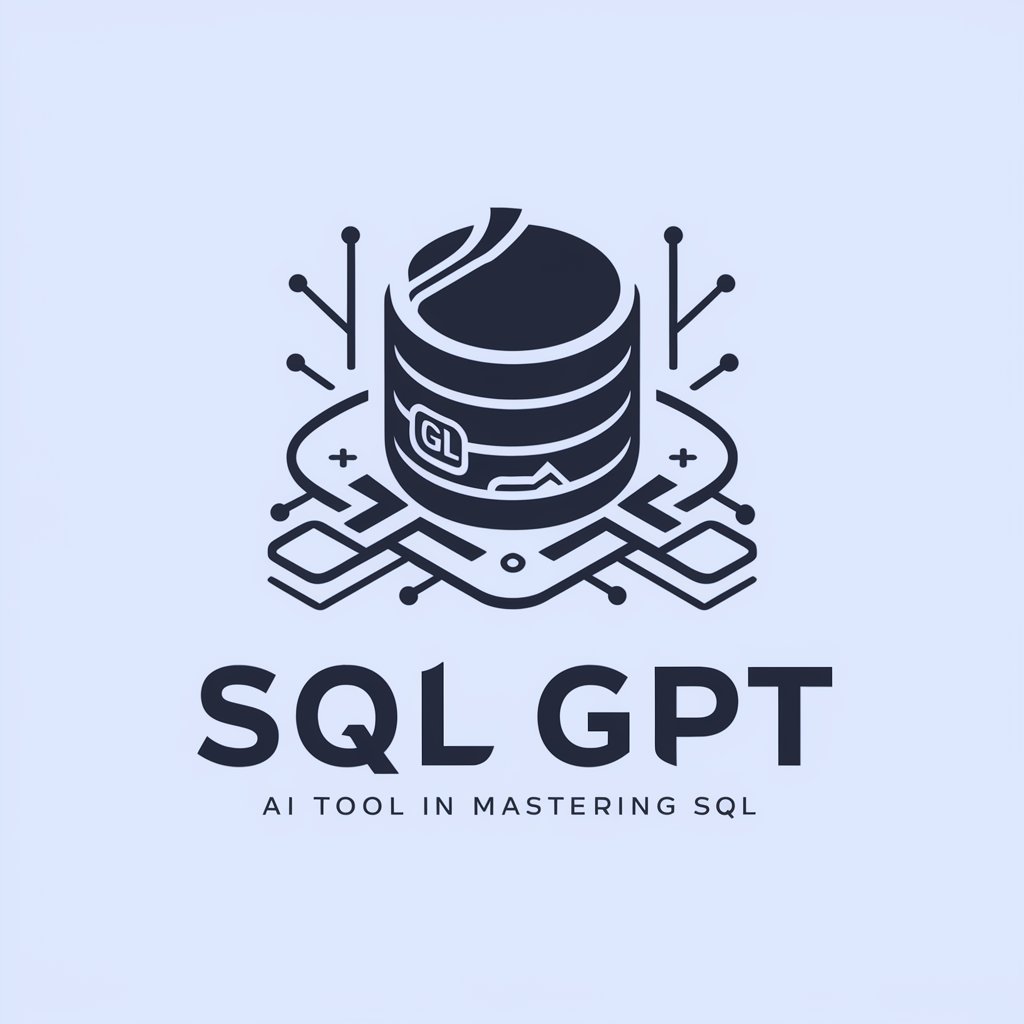
SQL Guru
Crafting SQL Made Easy by AI
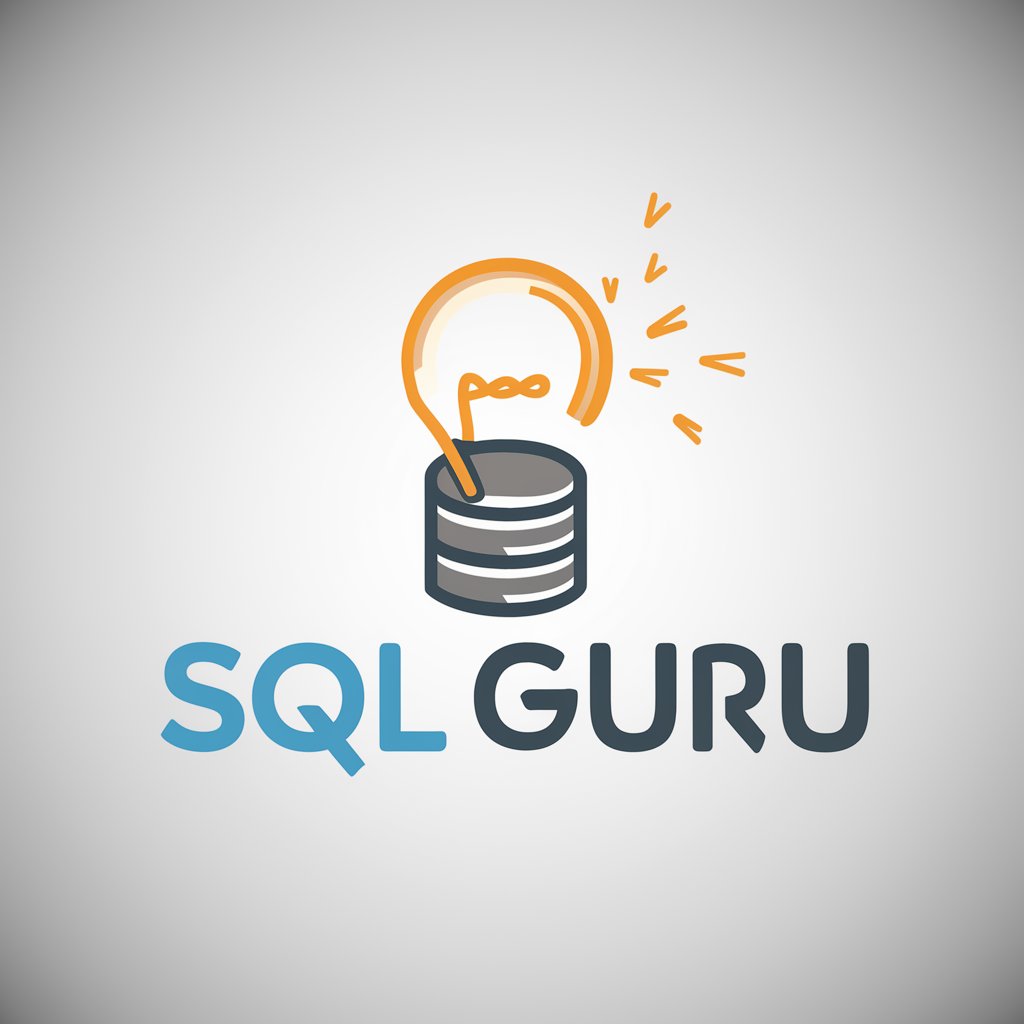
SQL GPT
Empowering SQL Mastery with AI
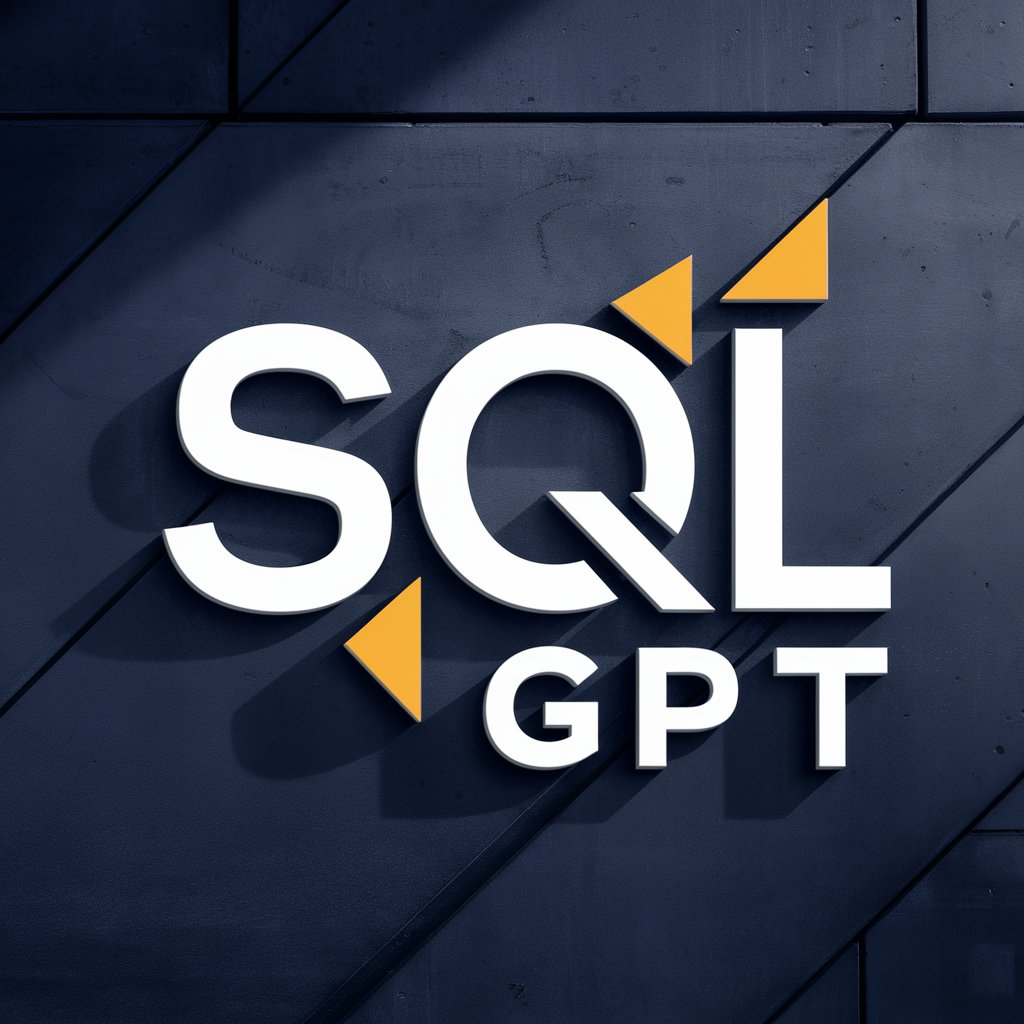
MySQL Mastermind
Empowering your MySQL experience with AI
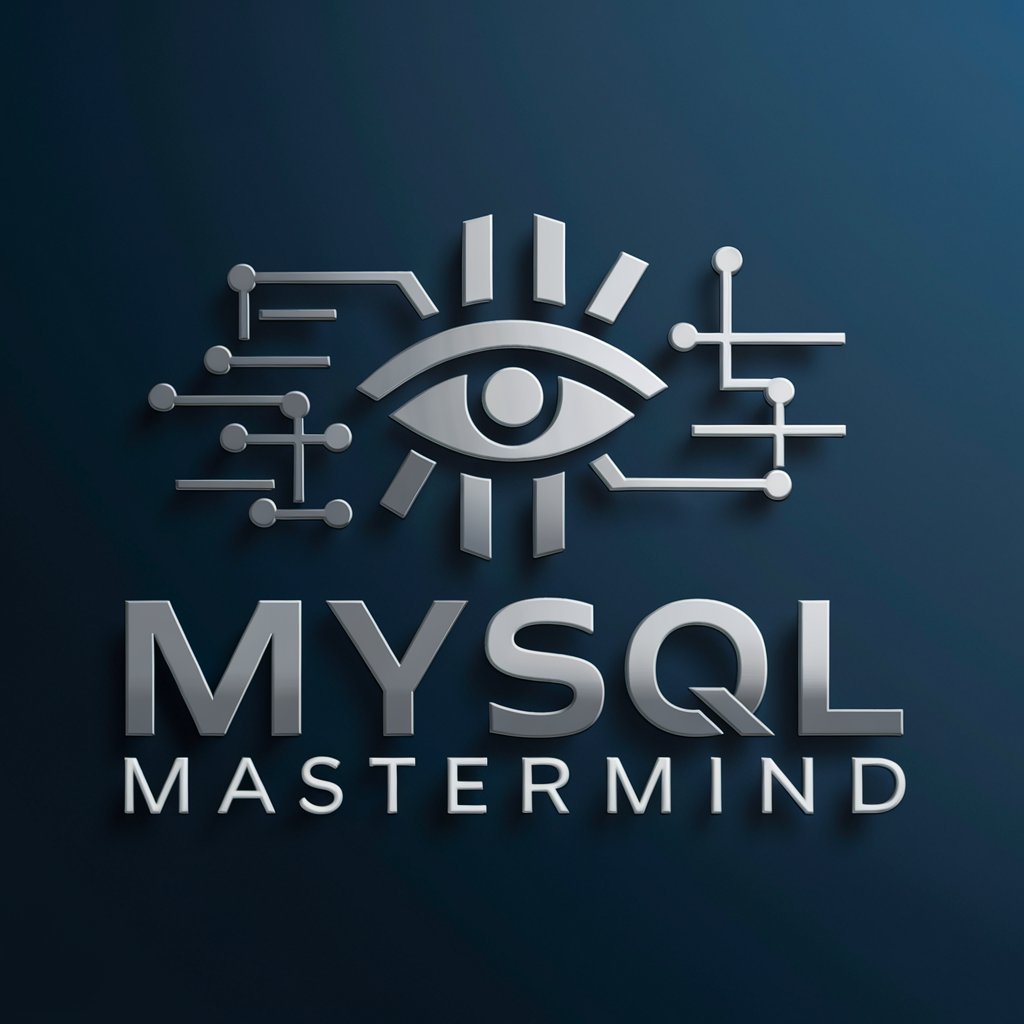
MariaKommentar
Automate your SQL comments with AI

SQL 查詢達人
Your AI-powered guide to mastering SQL
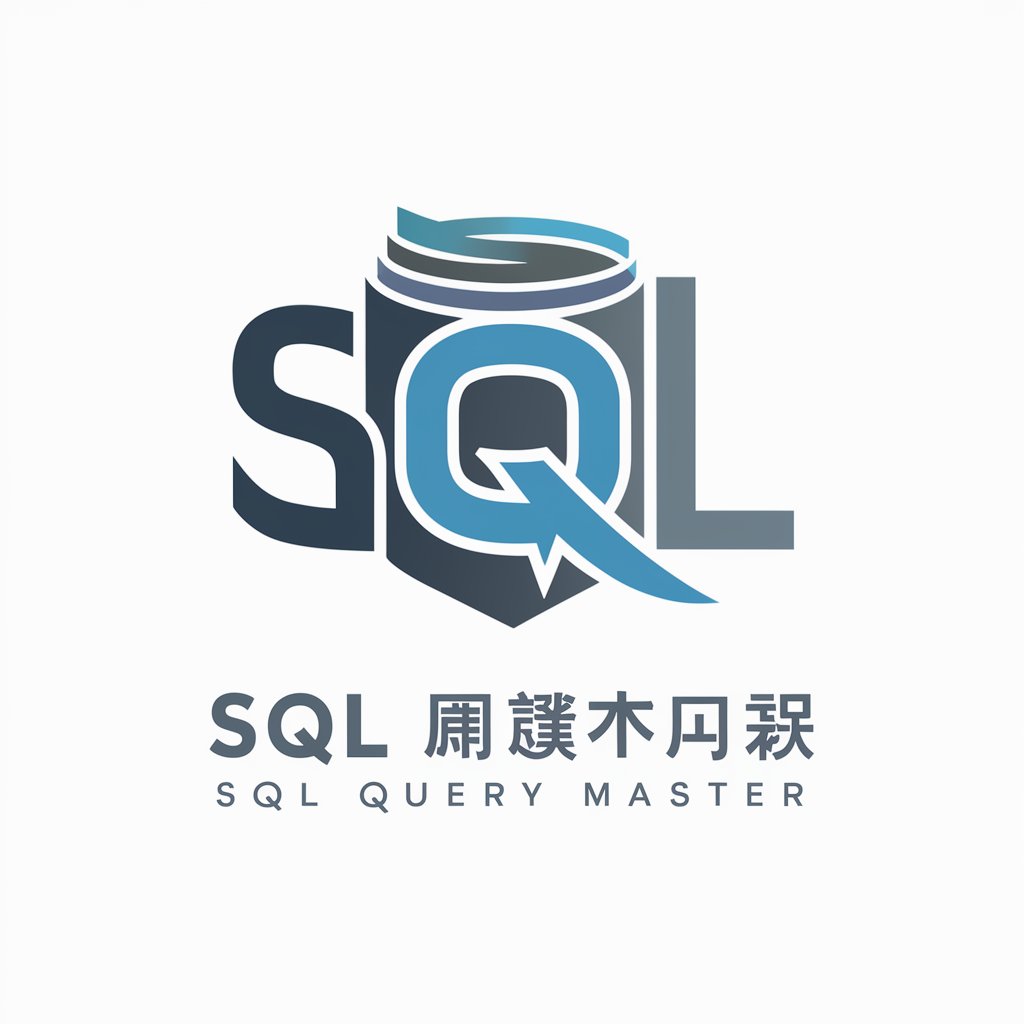
SQL Sage
Sharpen Your SQL Skills with AI
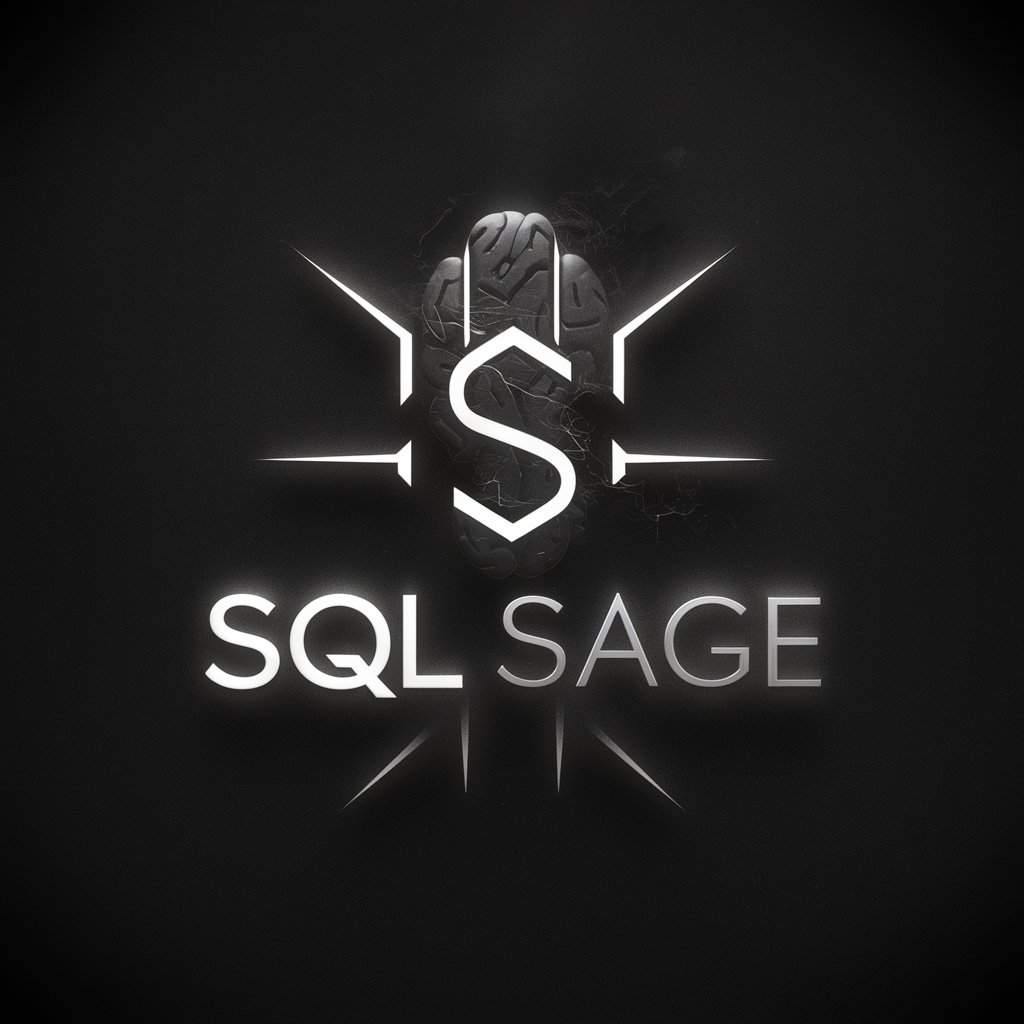
BigQuery SQL GPT
Empower your data querying with AI.
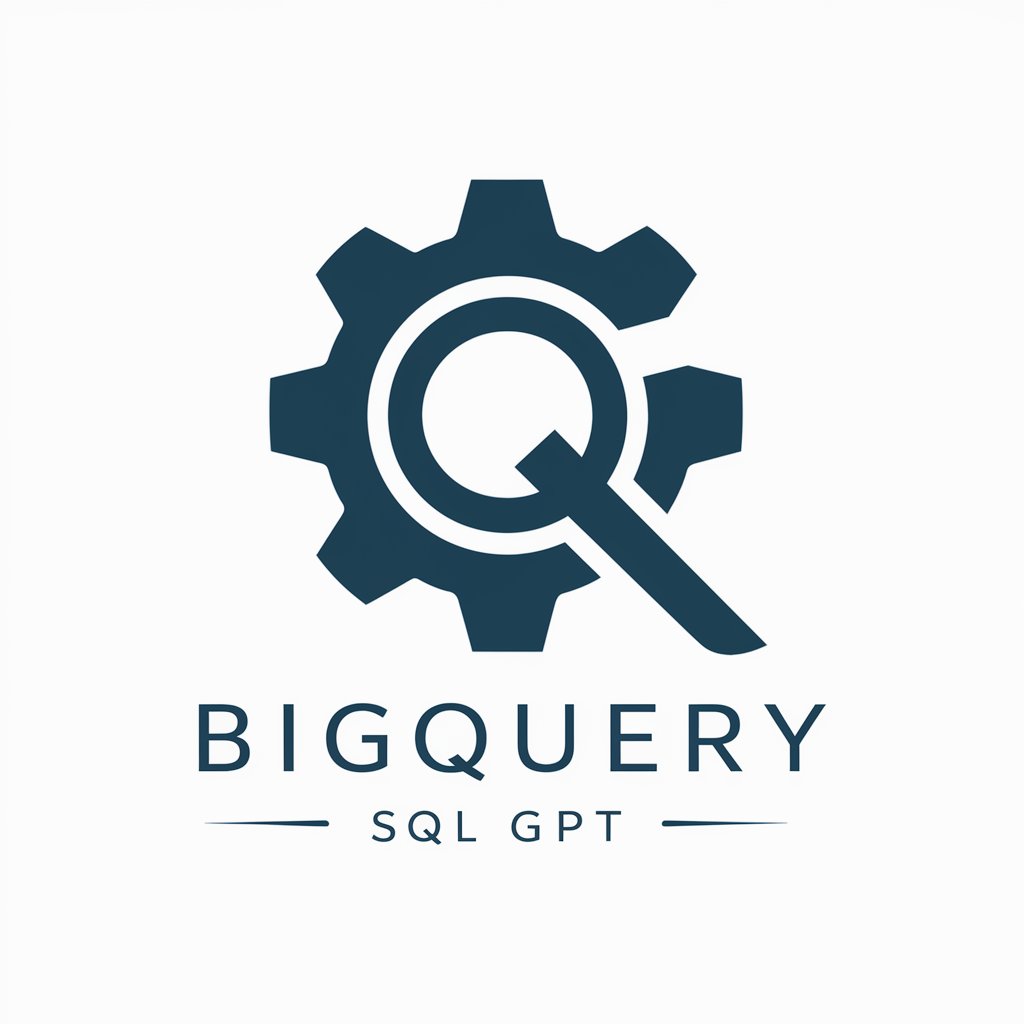
SQL Query Pro
Empower your database management with AI-driven SQL insights.
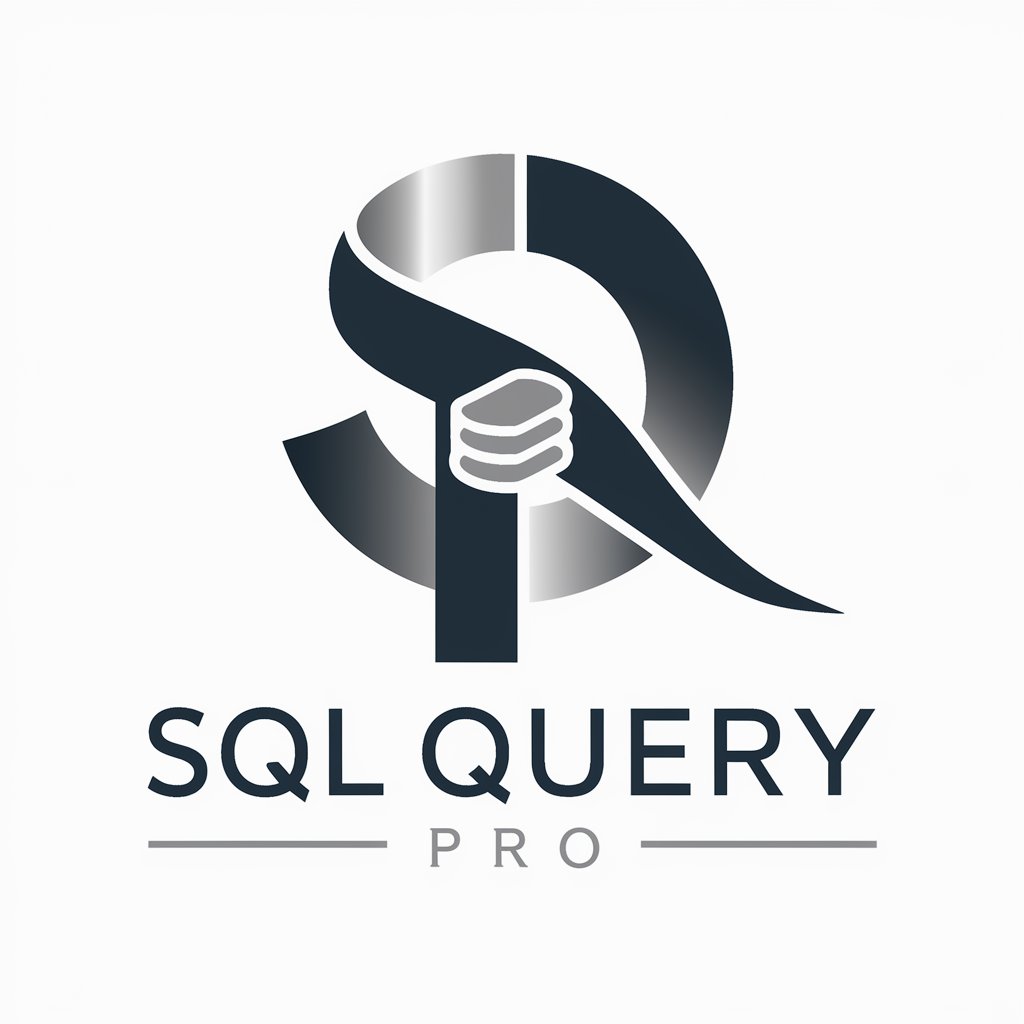
Key Attributes and Functions
These AI GPT tools stand out for their adaptability, supporting users from basic SQL commands to complex query writing and database management. Features include interactive SQL exercises, real-time feedback on queries, personalized learning paths, and the integration of data analysis projects to apply SQL skills in real-world scenarios. Enhanced by natural language processing, they can understand and respond to user queries in a conversational manner, making technical support more accessible.
Intended Users of SQL Learning AIs
These tools cater to a diverse audience, from beginners seeking a solid foundation in SQL to seasoned developers and data analysts looking to sharpen their skills. They are particularly beneficial for individuals with no prior coding experience, offering a user-friendly interface and step-by-step guidance. For advanced users, they provide deep customization options and complex problem-solving scenarios, facilitating continued learning and professional development.
Try Our other AI GPTs tools for Free
Database-Specific Assistance
Discover the power of AI GPTs for Database-Specific Assistance: intuitive, adaptable tools designed for efficient database management, querying, and analysis. Ideal for professionals and novices alike, these tools bridge the gap in database handling, ensuring data-driven success.
Advanced SQL Techniques
Explore AI GPTs for Advanced SQL Techniques: tailor-made AI tools revolutionizing SQL query generation, optimization, and data analysis for all user levels.
Web Design Visualization
Revolutionize your web design process with AI GPTs – intuitive, adaptable tools for both novices and professionals, designed to transform your web design ideas into reality.
Code Example Demonstration
Explore the world of coding with AI GPTs for Code Example Demonstration - your ultimate tool for learning, creating, and optimizing code. Ideal for both novices and experts.
Beginner-Friendly Web Guidance
Discover how AI GPTs revolutionize Beginner-Friendly Web Guidance, offering adaptable, user-friendly tools for effortless web navigation and digital content understanding.
Learning Python
Explore AI GPTs for Learning Python: your ultimate tool for mastering Python programming with ease. Interactive, adaptable, and user-friendly, these tools are perfect for beginners and experts alike.
Further Advantages and Applications
Beyond individual learning, these AI GPTs can be integrated into educational programs, providing a scalable solution for teaching SQL at scale. Their user-friendly interfaces simplify complex concepts, making them valuable tools for educators and learners alike. Moreover, their adaptability makes them suitable for incorporation into existing technology stacks, enhancing productivity and data management practices in various sectors.
Frequently Asked Questions
What are AI GPTs for Learning SQL?
AI GPTs for Learning SQL are intelligent platforms designed to aid in learning SQL through interactive and personalized experiences, utilizing advanced AI to adapt to the user's skill level.
How do these tools adapt to different skill levels?
These tools use AI to assess user responses and progress, tailoring the complexity of the material and exercises to match the user's understanding, ensuring a customized learning path.
Can beginners use these tools effectively?
Absolutely, these tools are designed with beginners in mind, offering easy-to-understand tutorials and exercises that gradually increase in complexity as the user's confidence and knowledge grow.
Are there advanced features for experienced SQL users?
Yes, for more experienced users, these tools offer advanced query exercises, database management scenarios, and data analysis projects to apply and expand their SQL expertise.
Do I need any coding experience to start learning SQL with these tools?
No coding experience is necessary. These tools are built to guide users from the very basics, making SQL accessible to everyone, regardless of their programming background.
How does real-time feedback work in these AI GPTs?
Real-time feedback is provided through AI analysis of user input, offering corrections, explanations, and suggestions to improve SQL queries and enhance learning.
Can these tools integrate with real-world projects?
Yes, many of these tools are designed to bridge learning with practical application, allowing users to integrate their SQL skills into real-world data analysis and database management projects.
Are there community or support forums for learners?
Most AI GPTs for Learning SQL offer community forums, support channels, or interactive help desks, enabling learners to seek advice, share experiences, and collaborate on challenges.